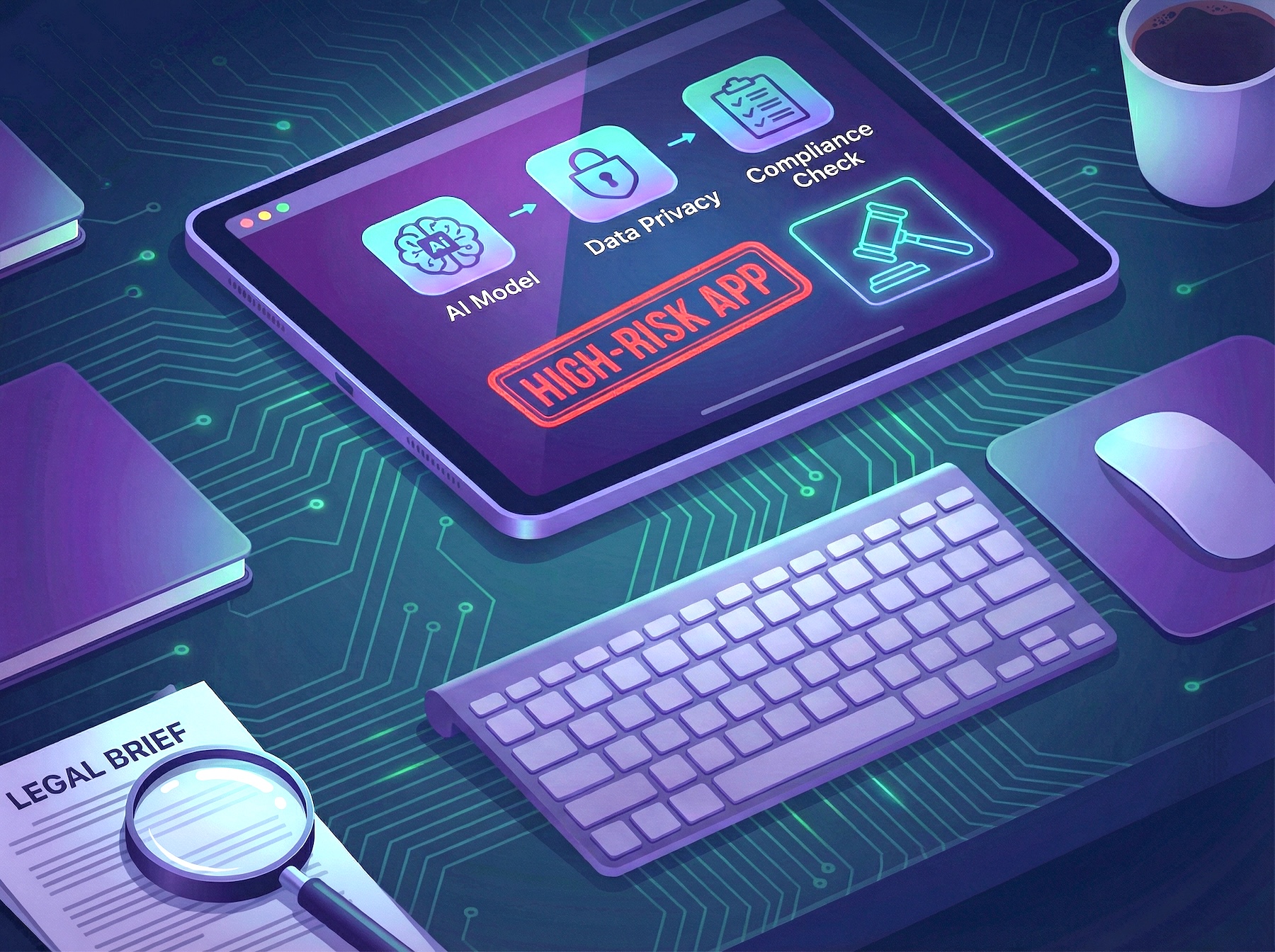The chips are designed for use in low-power devices, including tablets. They incorporate what the US company calls "3D transistors", which it introduced to its PC chips in 2012, designed to boost computational power while using less energy. One analyst said Bay Trail could pose a serious challenge to ARM.
Unlike Intel, the British company does not make chips of its own but rather makes money by licensing its designs to other companies, including Qualcomm, Apple and Nvidia, which then adapt them for their own uses. ARM's designs currently dominate central processing units (CPUs) used in smartphones and tablets, while Intel's x86-based architecture is far more common in desktop and laptop computers.
This has been a consequence of ARM having the reputation of being the more energy efficient of the two. But the new Bay Trail chips may cause some tablet manufacturers to think again, according to one industry watcher,
"I actually do think they have what it takes, but it's not going to be an overnight transition for Intel," said Chris Green, principal technology analyst at the Davies Murphy Group consultancy. "It has huge ground to make up against ARM who really still have a stranglehold on the mobile market. But this is a great chip on paper for Intel to mount a challenge. Certainly, the fact that it has got backing from the likes of Samsung - who we know is very enthusiastic for the prospects of this chip - I think speaks volumes for its chances in the months to come."
Source: BBC News








